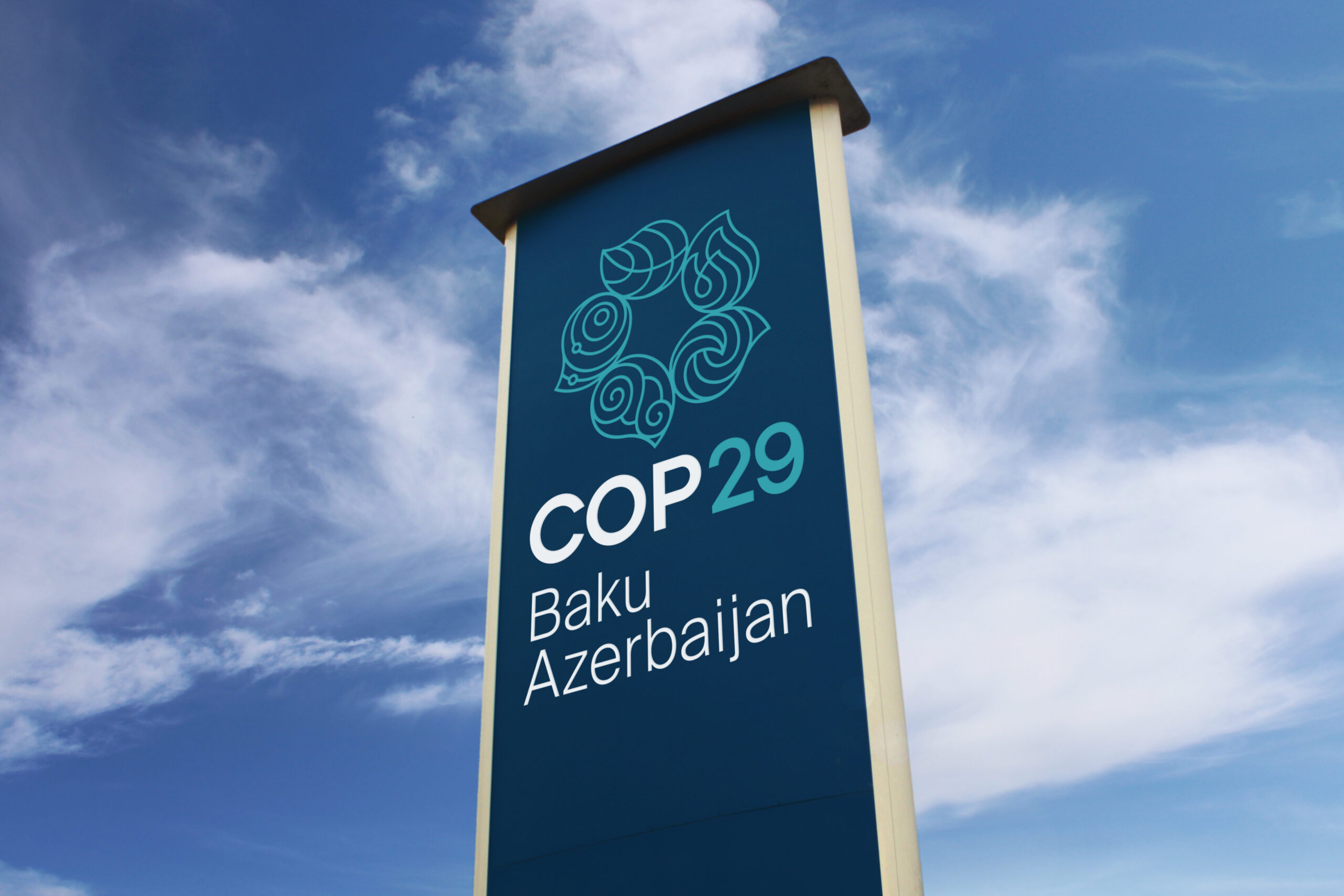In the face of the growing challenges posed by climate change, global leaders and key stakeholders are gearing up for the 29th Conference of the Parties to the United Nations Framework Convention on Climate Change (UNFCCC), commonly referred to as COP29. This significant event is scheduled to take place from November 11 to November 22, 2024, in Baku, Azerbaijan. A prominent figure at this conference will be Rafael Mariano Grossi, the Director General of the International Atomic Energy Agency (IAEA), who will emphasize the crucial role of nuclear technologies in addressing climate change through mitigation, adaptation, and monitoring.
IAEA’s active participation in COP29 will be evident through its presence in approximately 40 different events aimed at showcasing nuclear solutions for climate action. The focal point of their presence will be the Atoms4Climate pavilion, where an exhibition will be set up to demonstrate nuclear applications. Here, IAEA experts will be available to engage with attendees, providing insights into how nuclear energy contributes to achieving net-zero emissions and how nuclear science is being harnessed to tackle climate-related challenges such as food security, water resource management, and ocean health.
The significance of COP29 is underscored by its foundation on the outcomes of COP28, held in Dubai. At COP28, a pivotal global consensus emerged, recognizing the necessity of accelerating the deployment of nuclear energy alongside other low-emission technologies to facilitate deep and rapid decarbonization. This consensus marked a historic turning point as the Global Stocktake called for urgent action to incorporate nuclear power into the broader energy transition strategy.
In the lead-up to COP29, IAEA Director General Rafael Mariano Grossi reiterated this consensus, stating, "At COP28, the world agreed nuclear power must be part of the transition to net zero. We know investment in nuclear power can lower grid costs and speed up the deployment of intermittent clean-energy sources like wind and solar. As the world moves from consensus to construction, the IAEA supports newcomer countries in establishing safe, secure, safeguarded, and sustainable nuclear power programs."
The momentum for nuclear energy as a key player in climate action was further reinforced at the first-ever Nuclear Energy Summit. This summit, held in March 2024 in Brussels and co-hosted by the IAEA and the Government of Belgium, brought together leaders from over 30 countries. The summit served as a platform for reaffirming global commitment to nuclear energy as a viable means of reducing carbon emissions and achieving broader development goals.
Understanding Nuclear Energy’s Role in Climate Action
To comprehend the potential of nuclear energy in combating climate change, it’s essential to understand how nuclear power fits into the broader landscape of clean energy solutions. Nuclear energy is characterized by its ability to generate a substantial amount of electricity without emitting carbon dioxide during operation. This attribute makes it a vital component of strategies aimed at reducing greenhouse gas emissions and achieving net-zero targets.
Nuclear power plants operate by using nuclear reactions to generate heat, which is then used to produce steam that drives turbines to generate electricity. Unlike fossil fuel-based power plants, nuclear plants do not emit carbon dioxide during this process. This makes nuclear energy a consistent and reliable source of clean power, capable of complementing intermittent renewable energy sources such as wind and solar.
Benefits of Nuclear Energy in the Climate Change Context
- Reduction of Greenhouse Gas Emissions: By providing a stable source of low-carbon electricity, nuclear energy can significantly reduce reliance on fossil fuels, thereby cutting down on greenhouse gas emissions.
- Energy Security and Reliability: Nuclear power plants operate continuously, providing a consistent output of electricity. This reliability is crucial for maintaining energy security and ensuring a stable power supply, even when renewable sources may face variability.
- Support for Renewable Energy Integration: Nuclear energy can work in tandem with renewable sources by providing a baseline power supply. This integration helps stabilize the grid and allows for more extensive deployment of wind and solar power.
- Technological Advancements: Ongoing research and development in nuclear technology are leading to innovations such as small modular reactors (SMRs) and advanced nuclear systems, which offer enhanced safety features, flexibility, and efficiency.
Challenges and Considerations
While nuclear energy presents numerous benefits, it is not without its challenges. Addressing these challenges is critical to maximizing its potential in climate action.
- Nuclear Safety: Ensuring the safety and security of nuclear power plants is of utmost importance. Advances in technology and stringent regulatory frameworks have significantly enhanced safety measures, but continued vigilance is necessary.
- Waste Management: The management of nuclear waste is a complex issue. Long-term solutions, such as geological disposal, are being developed to safely store and manage nuclear waste.
- Public Perception: Public perception and acceptance of nuclear energy can vary widely. Transparent communication and education are essential to address concerns and build trust in nuclear technology.
Looking Ahead: The Role of COP29
As COP29 approaches, the focus on nuclear energy as a pivotal climate change solution is expected to intensify. The conference will serve as a platform for countries to reaffirm their commitments, share insights, and explore collaborative approaches to deploying nuclear energy effectively.
In addition to showcasing nuclear solutions, COP29 will provide an opportunity to discuss policy frameworks, financing mechanisms, and international cooperation needed to support the expansion of nuclear energy. By fostering dialogue and collaboration among nations, COP29 aims to accelerate the implementation of nuclear technologies as part of a comprehensive strategy to combat climate change.
Conclusion
The upcoming COP29 in Baku represents a critical juncture in the global effort to address climate change. With the IAEA’s active participation, the conference will highlight the indispensable role of nuclear energy in achieving a sustainable, low-carbon future. As countries transition from consensus to action, the integration of nuclear power into their energy portfolios will be instrumental in realizing ambitious climate goals while ensuring energy security and economic development.
For further information on this topic, you can refer to the official IAEA website.
For more Information, Refer to this article.






























